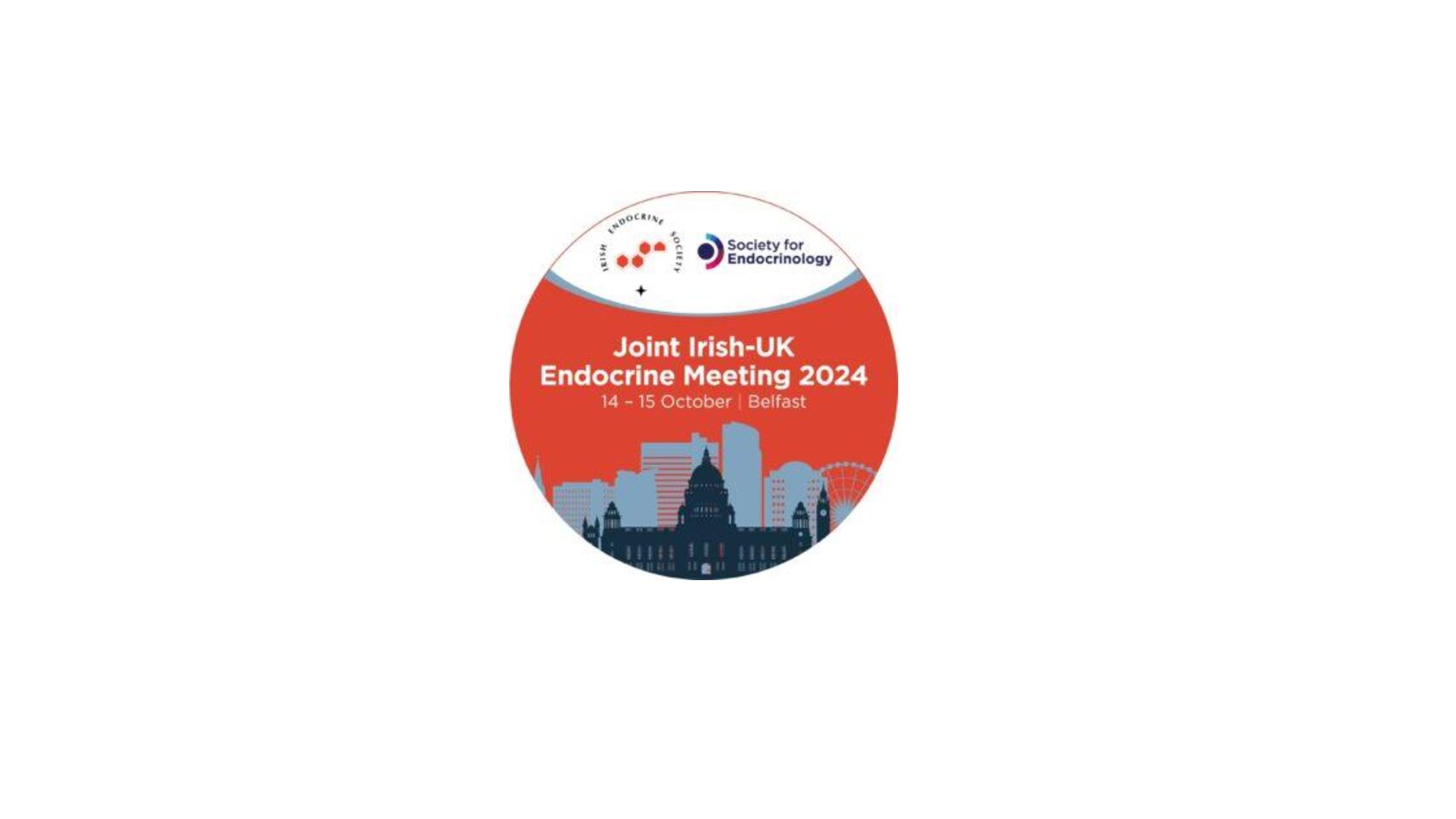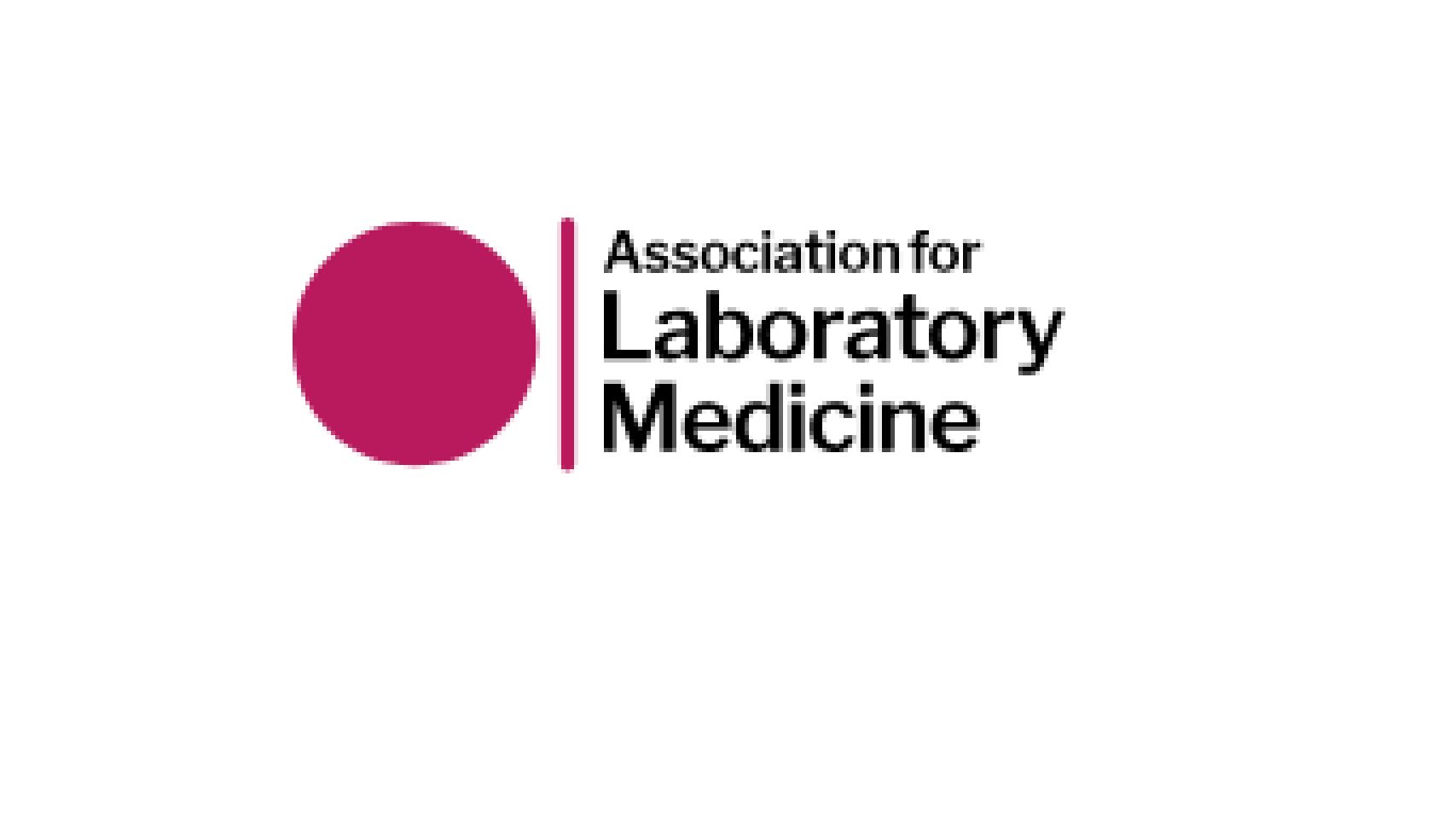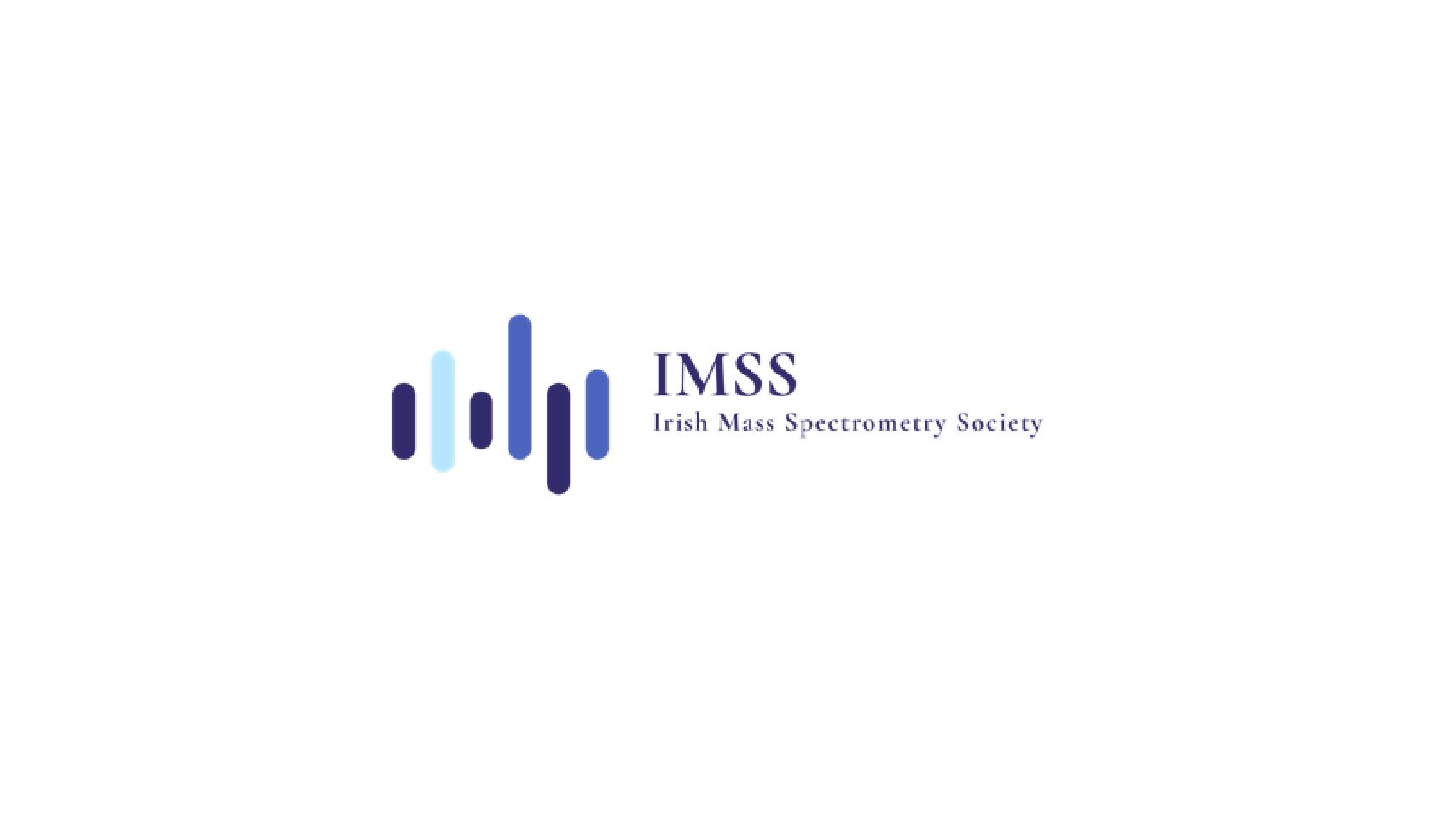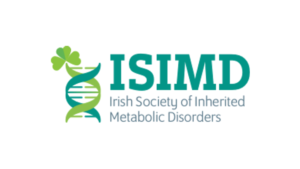ACBI members Drs Paula O’Shea and Marting Healy are members of the Covit-D consortium who have published this article in the Irish Medical Journal. The article describes evidence for a relationship between low vitanin D levels and adverse outcomes to Covid-19 and makes policy recommendations on Vitamin D supplementation.
The following statement was issued by the consortium to coincide with the publication.
Shining a Light on the Role of Vitamin D Deficiency in Covid-19
23rd February 2023
A review paper published in last week’s Irish Medical Journal has shone further light on the links between vitamin D deficiency and worse Covid-19 outcomes.
Authored by the Covit-D Consortium, a group of leading clinicians, scientists and academics from across Ireland, it outlines the increased risk of symptomatic SARS-CoV-2 infection and severe Covid-19 disease observed in those with low blood levels of vitamin D in both international and Irish studies. In one of the Irish studies cited, the authors point to a 4.6 fold increased risk of death amongst hospitalized Covid-19 patients in Connolly Hospital Blanchardstown who had low vitamin D levels (<30nmol/L) versus those with levels above this threshold, even after adjustment for the effects of age, bodyweight, sex, ethnicity and pre-existing diabetes.
Quote 1: X Author commented: “Overall, the studies which we examined suggest that patients who have low vitamin D levels are roughly one and a half to two times more likely to become infected with SARS-CoV-2. Furthermore, these patients with low vitamin D status are about twice as likely to be admitted to hospital, approximately three to six times more likely to require ventilation and roughly two and a half times more likely to be admitted to ICU. They are anywhere between three and fourteen times more likely to die from Covid-19 during their hospital admission”.
The review also synthesizes evidence from a number of international studies in which Covid-19 patients were supplemented with vitamin D, highlighting significantly lower rates of hospitalization, ICU admission and mortality in the patients who received vitamin D before or during their admission.
Recent guidelines on vitamin D supplementation have focused exclusively on bone health, and consequently have not addressed the importance of vitamin D in protection against viral respiratory infection including Covid-19. However, the review emphasizes that while currently recommended doses of vitamin D may help to achieve better skeletal health, these doses are not sufficient to optimize immunological protection against infection and severe Covid-19 disease in Irish adults.
Quote 2: Author Y stated: “The fact that low vitamin D status precedes worse Covid-19 outcomes, that low vitamin D levels remain predictive of poorer Covid-19 outcomes including death, even after adjustment for known risk factors like older age, obesity and pre-existing disease, and the fact that those supplemented with vitamin D at the correct time and dosage have much less severe Covid-19 outcomes all strongly indicate that these relationships are causal. Furthermore, we now understand the mechanisms by which vitamin D mediates these positive effects. In this context, it is imperative that we inform the public about the importance of vitamin D in protection against Covid-19, and that we recommend vitamin D supplement doses which are sufficient to achieve these beneficial effects”. Vitamin D levels are very common in Ireland, with over 50% of adults affected in late Winter. Furthermore, there are high rates of severe deficiency in many sub-groups of the Irish adult population including those who are overweight and obese (~60-65% of all Irish adults fall into these weight categories), those who have darker skin pigmentation and those who are older.








